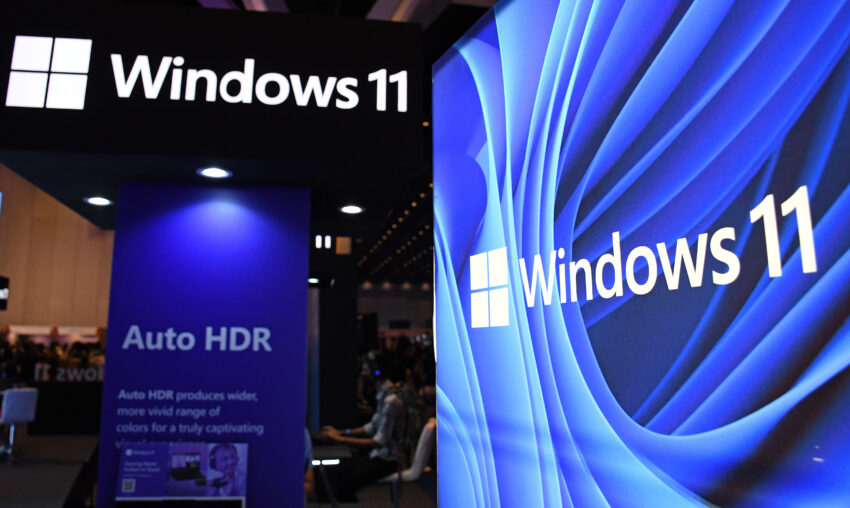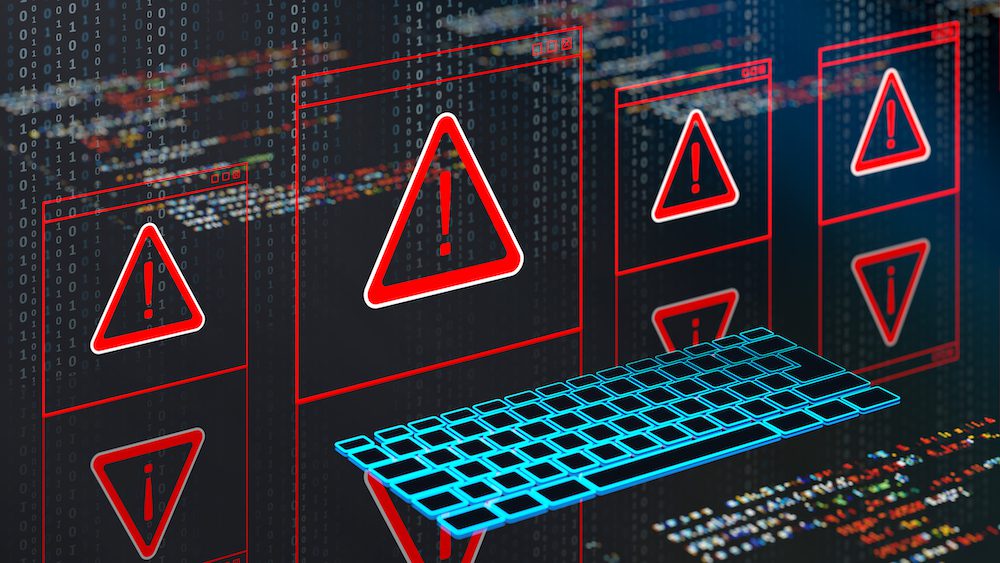
windows 11 ssd issues blamed on reviewers Recent reports have highlighted issues with certain SSDs using Phison controllers failing after updates to Windows 11, but Phison attributes these problems to early firmware versions rather than the updates themselves.
windows 11 ssd issues blamed on reviewers
Background on the SSD Issues
In recent weeks, a wave of complaints has emerged regarding the performance of SSDs equipped with Phison controllers following the installation of Windows 11 updates KB5063878 and KB5062660. Users have reported that their drives became unresponsive or failed entirely after applying these updates. The situation has garnered significant attention on social media platforms, particularly YouTube and TikTok, where various tech influencers have pointed fingers at Microsoft, suggesting that the updates were responsible for the failures.
Phison’s Response
In light of the escalating concerns, Phison Technology, a leading manufacturer of NAND flash controllers, stepped in to clarify the situation. Michael Wu, the General Manager and President of Phison US, issued a statement to The Verge, asserting that the root cause of the issues lies in the use of early firmware and BIOS versions during testing. Wu stated, “Many of the reports originate from media testing conducted on hardware running early versions of firmware and BIOS. These versions are performance preview drives and are not identical to those provided to end users through official distribution channels.”
Importance of Firmware Versions
This distinction is crucial. Firmware acts as the intermediary between the hardware and the operating system, and using outdated or pre-release firmware can lead to unexpected behavior. Phison emphasized that some reviewers may still be using these early versions, which do not reflect the final product available to consumers. Wu encouraged reviewers to utilize updated firmware available through manufacturer-provided update utilities to ensure accurate testing results.
Community Reactions and Influencer Claims
Despite Phison’s clarifications, the narrative surrounding the SSD failures has continued to evolve. Prominent tech YouTuber JayzTwoCents recently claimed that the “Windows update and SSD problem is WAY worse than we thought!” He demonstrated a Crucial T500 drive, which utilizes a Phison E25 controller, experiencing failures after the latest Windows 11 security updates. The drive reportedly required a power cycle to regain functionality.
Uncertainty in Testing Conditions
However, it remains unclear whether JayzTwoCents was using pre-release SSD firmware or an early motherboard BIOS during his testing. This ambiguity raises questions about the validity of the claims being made. If the testing conditions do not align with those of the average consumer, the conclusions drawn may not accurately represent the experiences of the broader user base.
Phison’s Investigations
In an effort to address the concerns raised by the community, Phison conducted its own investigations into the reported issues. The company examined the SSDs used in tests conducted by the PCDIY! community and found that these drives were operating on engineering preview firmware. Wu explained, “Phison examined the exact SSDs used in the PCDIY! testing and determined PCDIY! was utilizing an engineering preview firmware, which is not the final firmware used in the Corsair Force Series MP600 SSD 2TB and other drives with the E16 controller available for sale to consumers on the market.”
Testing on Consumer SSDs
To further validate their findings, Phison performed the same tests on consumer SSDs equipped with the final firmware. The results were promising; the company reported no crashes or failures during these tests. This suggests that the issues reported by users may not be as widespread as initially believed, particularly among those using updated consumer-grade SSDs.
Microsoft’s Position
In response to the growing concerns, Microsoft released a statement late last month indicating that it had “found no connection” between its security updates and the reported drive failures. This assertion is significant, as it underscores the complexity of diagnosing issues that arise from the interaction between hardware and software. Despite this, the perception of Microsoft as a potential culprit has persisted, fueled by the company’s history of problematic updates.
Historical Context of Windows Updates
Microsoft has faced scrutiny in the past for various issues related to Windows updates, leading to a general skepticism among users when problems arise. The company’s track record includes instances where updates have inadvertently caused hardware malfunctions or system instability. This history has likely contributed to the quick attribution of blame to Microsoft in the current situation, even in the absence of concrete evidence linking the updates to the SSD failures.
Implications for Users and Reviewers
The ongoing discourse surrounding these SSD issues serves as a reminder of the importance of using the correct firmware and BIOS versions when conducting hardware tests. For reviewers, it highlights the necessity of ensuring that the products being tested are representative of what consumers will experience. Using pre-release or engineering firmware can lead to misleading conclusions, which can have far-reaching implications for both manufacturers and consumers.
Advice for Consumers
For consumers experiencing issues with their SSDs, Phison recommends checking for firmware updates through the manufacturer’s official channels. Keeping firmware up to date is crucial for maintaining optimal performance and reliability. Users should also be cautious about relying solely on influencer reviews, especially when those reviews may not accurately reflect the conditions under which the products were tested.
The Broader Impact on the Tech Community
This incident has broader implications for the tech community, particularly in how information is disseminated and consumed. The rapid spread of information on social media can amplify concerns, but it can also lead to misinformation. As the tech landscape continues to evolve, the responsibility lies with both manufacturers and reviewers to ensure that accurate and reliable information is shared with the public.
Future Considerations
As technology continues to advance, the interaction between hardware and software will become increasingly complex. Manufacturers like Phison will need to ensure that their products are thoroughly tested and that firmware updates are communicated effectively to users. Meanwhile, reviewers must adopt rigorous testing standards to provide accurate assessments of products, thereby fostering trust within the tech community.
Conclusion
The recent SSD issues linked to Windows 11 updates have sparked a significant conversation about the importance of firmware integrity and the responsibilities of both manufacturers and reviewers. While Phison has clarified that the problems stem from early firmware versions, the incident serves as a reminder of the complexities involved in hardware and software interactions. As the tech community navigates these challenges, it is essential to prioritize accurate information and responsible reporting to maintain consumer trust.
Source: Original report
Was this helpful?
Last Modified: September 9, 2025 at 1:36 pm
3 views















